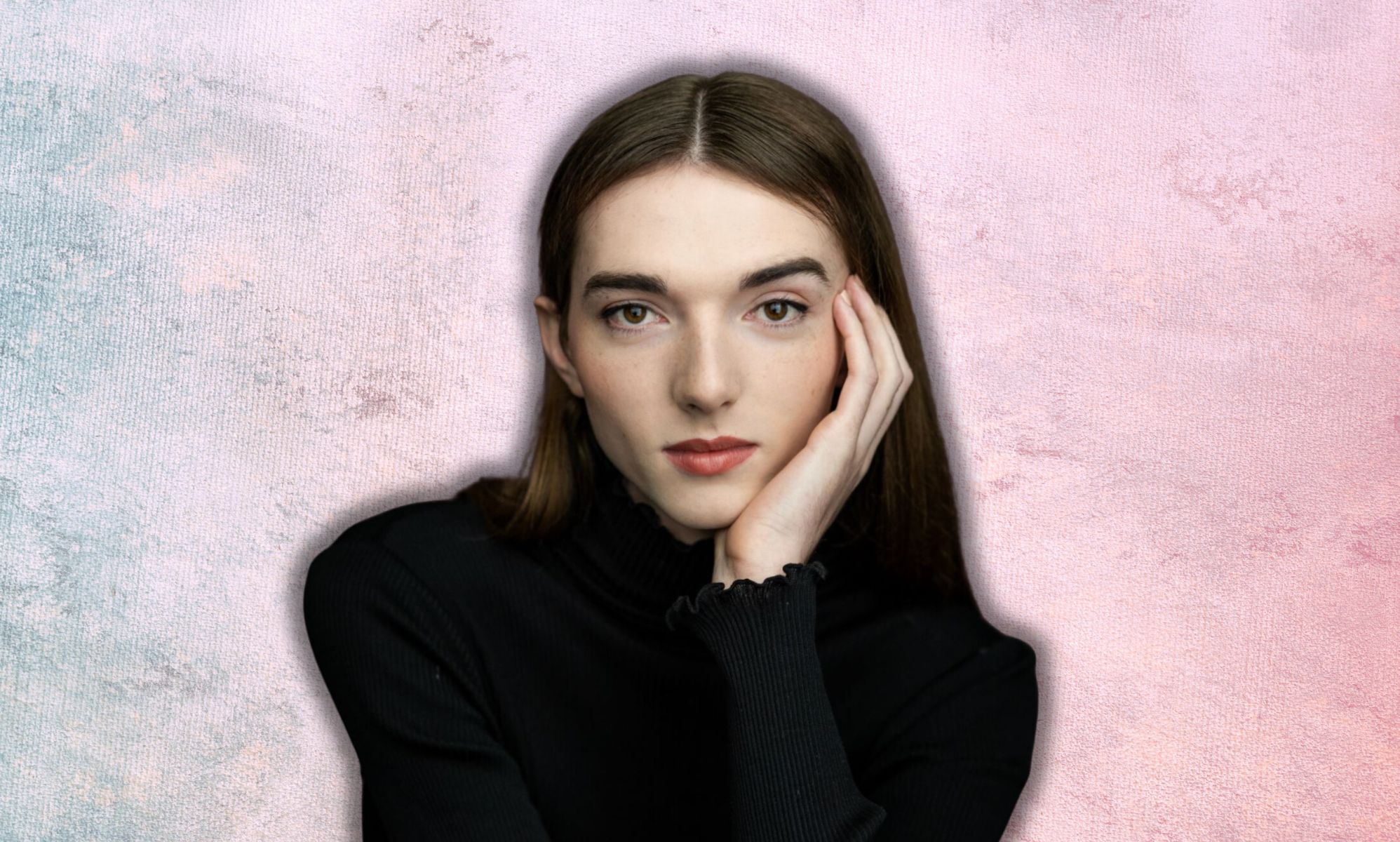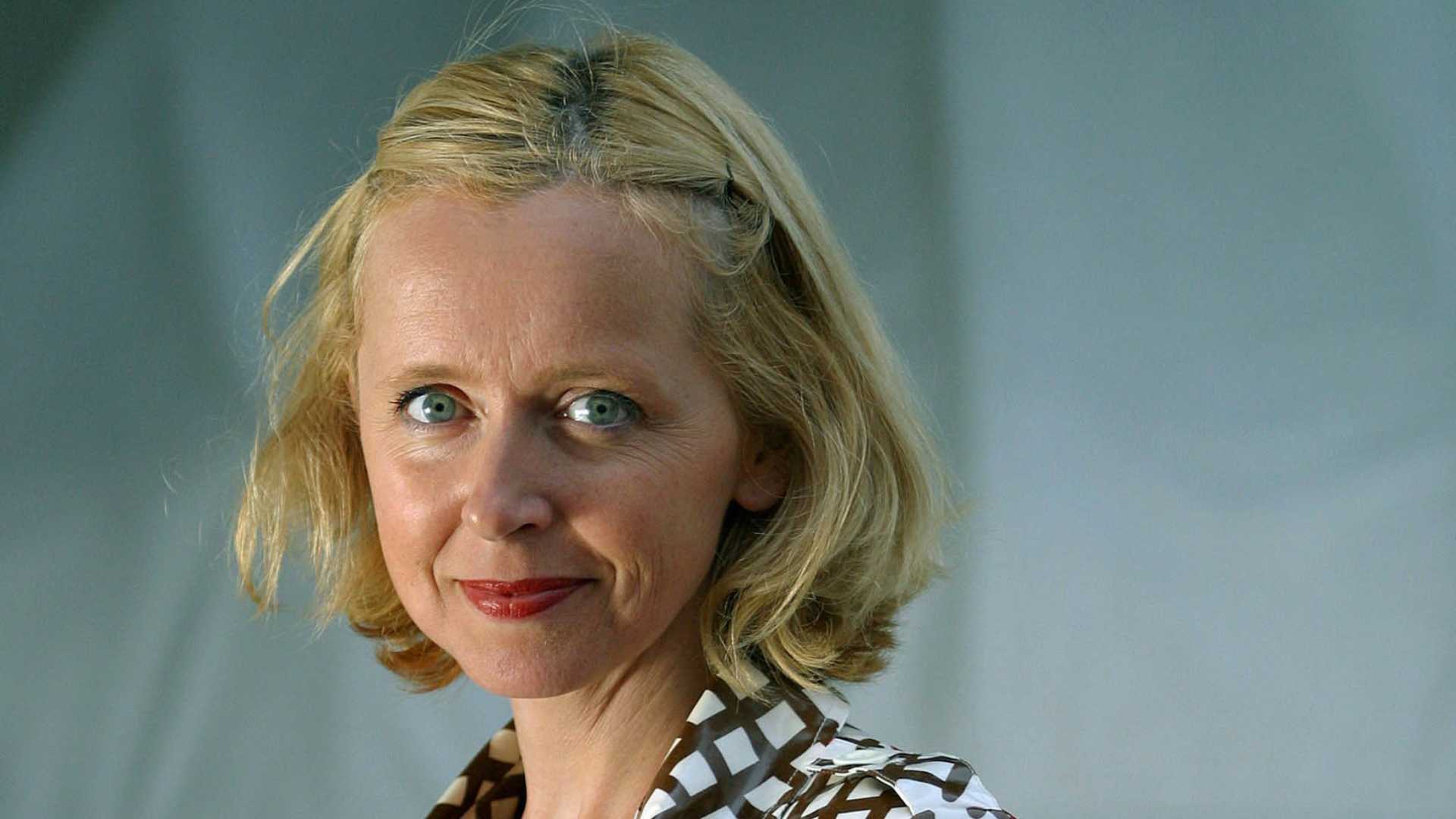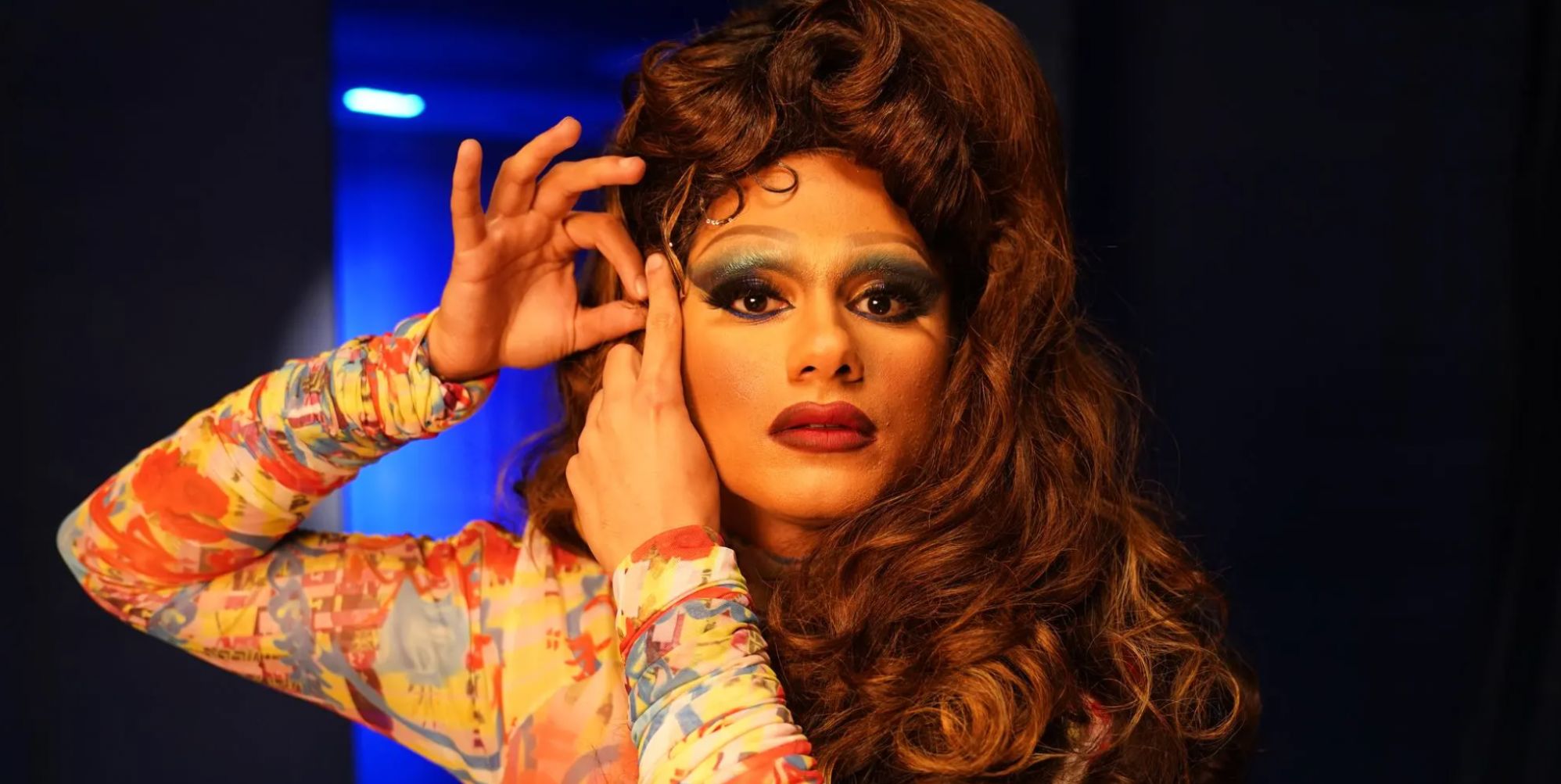Meet FANGIRLS and Doctor Who’s rising trans star Mary Malone
Mary Malone isn’t yet a name known by most, but that could be about to change.
London Underground passengers have probably seen her face: she’s plastered across endless, confetti-smattered posters for the UK’s first production of Yve Blake’s lauded musical phenomenon, Fangirls.
Doctor Who fantatics might remember her from last year’s Christmas episode, where she played Trudy, friend and band member of Millie Gibson’s Ruby Sunday. Avid viewers of Harlan Coben’s book-to-TV adaptations will see her later this year: she’s just been cast for the first series regular role, appearing opposite Richard Armitage in the best-selling author’s next Netflix adaptation, Missing You.
Malone’s projects are stacking up. “It has been daunting,” the Suffolk-born actress says, bewildered. “It is not easy to feel confident in yourself as an actor, full stop.” As a trans woman, she added, it’s even harder.
“Sometimes things have come quicker than I could imagine or be ready for. But in some ways it’s been helpful because it’s meant I’ve just had to move and I’ve just had to get on with it.”
Right now, the London adaptation of Fangirls is the focus. Playing at Hammersmith’s Lyric Theatre, the Australian musical follows 14-year-old Edna, played by Britain’s Got Talent star Jasmine Elcock.
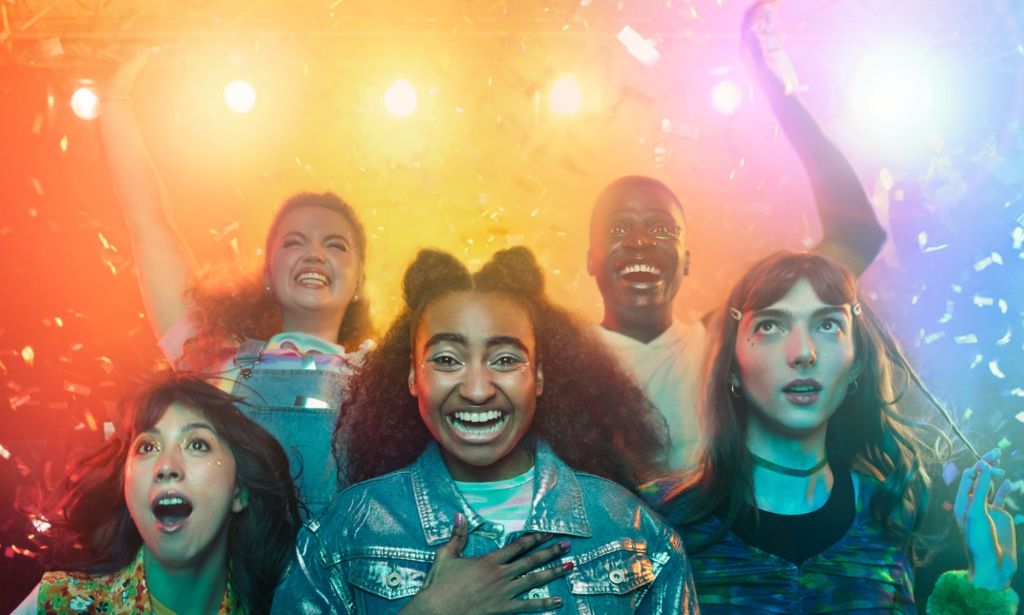
Edna and her friends at an all-girls private school, including Malone as Jules, are obsessed with Harry, the lead singer of boyband Heartbreak Nation (yes, the One Direction reference is so on the nose, it’s practically up the nostril).
They are in love with him, and when his tour stops in their town, they’re going to get his attention by any means necessary. “They’re capable of a lot,” Malone smiles, widening her eyes conspiratorially.
This isn’t second-rate fodder feeding off the recent boom in fan culture, driven largely by Taylor’s Swifties. Fangirls is a “Trojan horse”, and an award-winning one at that, Malone tells PinkNews after the second night.
At the beginning, we see the girls as crazed fans. By the end, “you’re really in love with them and you understand them differently”.
Now in her twenties, Malone’s obsession is Real Housewives. But growing up, she didn’t have an idol as such, although she was partial to a bit of Justin Bieber. “I was a bit of an outcast kid,” she says, a kid who spent much of her time finding community in online gaming.
A love of acting came while at school, where she starred as Gregor the insect in a production of Franz Kafka’s The Metamorphosis, playing Gregor the insect. “I loved playing that bug,” she says. “I was a weird kid.”
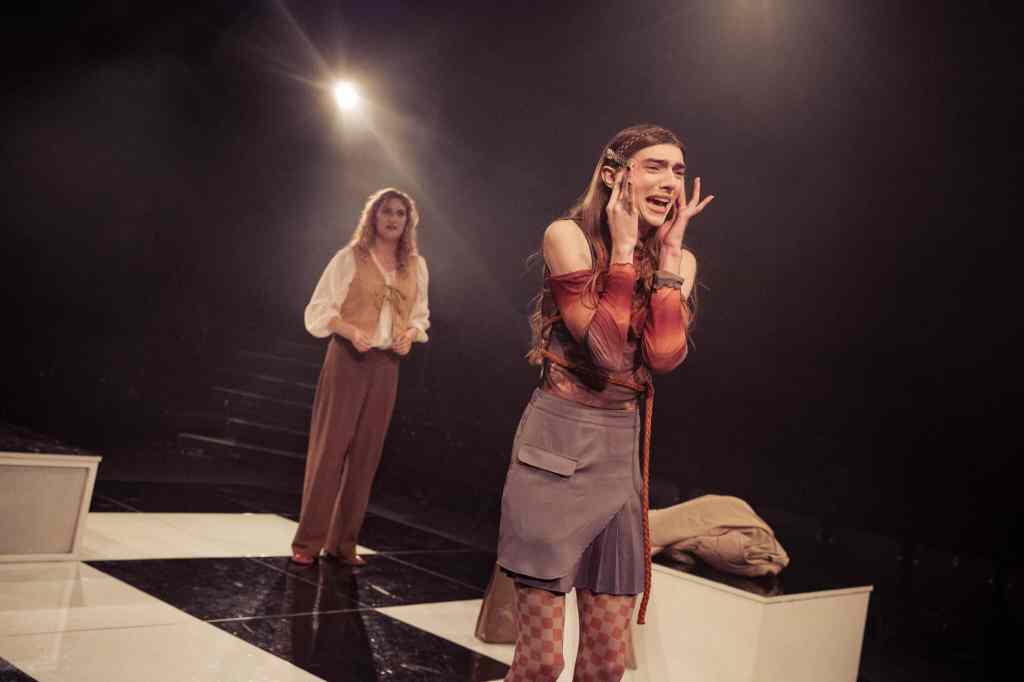
Then came drama school, followed by a theatre-making course and minor TV roles on drama The Girlfriend Experience and Sky Arts’ A Play In A Day.
“That felt like a kind of turning point for me because I’d been recognised within my graduating year,” she says. But theatre had its roots wrapped around her, and she returned to the stage in Abigail Thorn’s Southwark Playhouse show The Prince, and Josie Rourke’s As You Like It at @sohoplace.
But Fangirls is another formative moment in her short career, for several reasons. It’s her first musical, a childhood dream ticked off. She even took part in a Fangirls workshop with Blake two years ago, so it feels as if she’s come full circle.
Then there’s the fact that Jules simply sounds like a lot of fun to play.
“Jules is a wannabe Regina George. She’s a bit of a Mean Girl. It feels powerful to play a part like that,” Malone says. Audiences are having fun watching her, too. “The other night Jules got a little applause for being such an iconic b***h.”
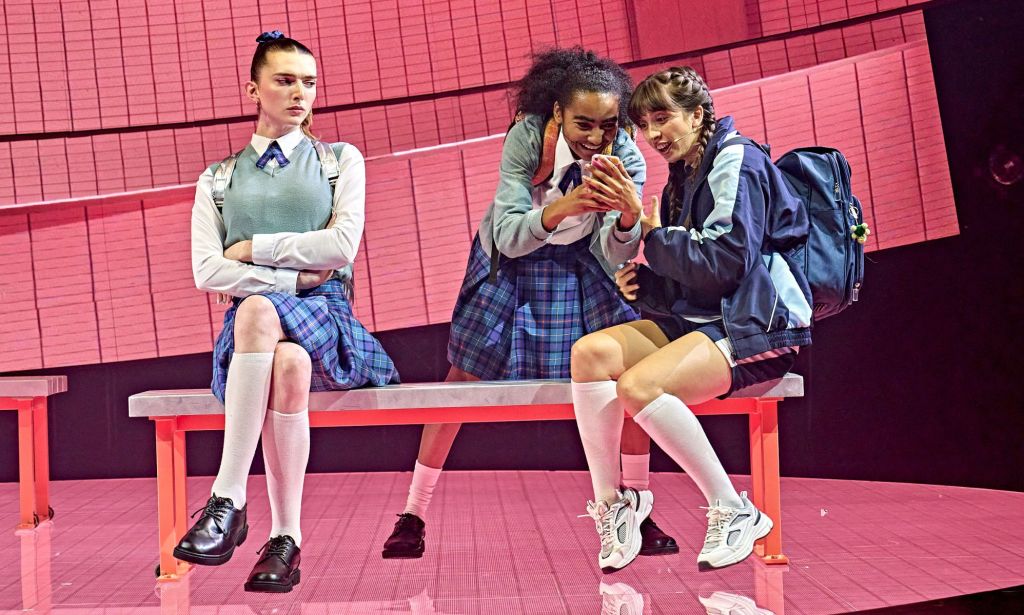
Underneath, though, like all the best Mean Girls, Jules is vulnerable and wants to be accepted. Her insecurity manifests in mocking her friends for fawning over Harry. Malone understands her.
“She’s really wrapped up in the system and wants to fit in. I think a lot of trans people have been there too because you just so badly want to be accepted and allowed.”
The best part about playing Jules? She’s not a trans character, at least not as far as Malone is aware.
At one point, Jules screams into the audience: “My uterus is exploding!” and Malone is taking that as good a confirmation as any. “Sometimes I’m like, is she cis? Has it finally come, am I playing a cis girl? A lot of the time I’m playing trans-specific roles and Jules isn’t.”
Playing a 14-year-old girl feels “healing”, whether Jules is trans or not. “That’s not necessarily my story, because I didn’t get to be a 14-year-old girl,” Malone says – she came out later in life. But behind Fangirls‘ iridescent lights, there’s a deeper meaning for her. “I’m living out my fun, ridiculous teenage-girl fantasy.”
Alongside Malone, the show has a fair few queer and trans cast members and characters, and Blake and director Paige Rattray were keen to ensure the script and musical numbers worked as best as possible for everyone.
That included changing elements of songs for Malone who, while she “loves to sing,” feels she has “quite a low range, which makes musical theatre quite inaccessible”.
Blake and Zara Stanton, the show’s musical supervisor, “were like: ‘We’re just going to move everything so it’s comfy for you, and we’re going to listen to your voice and find where it sounds really delicious’,” Malone reveals. Melodies, harmonies and keys were amended.
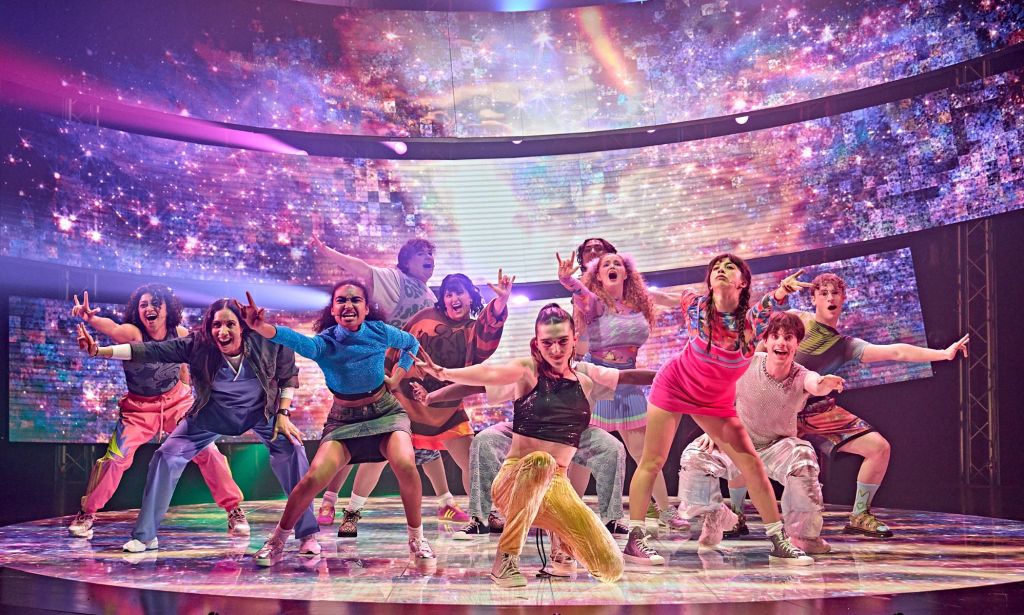
“From speaking to other trans girls in the musical theatre industry, I don’t think that happens a lot. I don’t think the musical theatre industry is really that set up to let trans people in,” she says. “Fangirls I could tell was something special.”
When trans people are welcomed into the arts, be it on stage or screen, there is a knock-on effect.
Last year, Malone had a role in long-running ITV police drama Vera. After watching it, one trans person wrote online: “It’s a small part but it’s just so lovely to see the portrayal of a sympathetic, normal trans woman. It feels so sad to cling to such a small positive event, the light of one little candle, shining through a storm of dark fury. Thank you, Mary.”
Malone has received a growing number of messages like this, particularly following her Doctor Who appearance, with the sci-fi series having a die-hard queer following. But with trans visibility also comes anti-trans bigotry. “Every time I’m in something I look online, see what people are saying. And, of course, I see so many horrible things,” she says, with a hint of sadness.
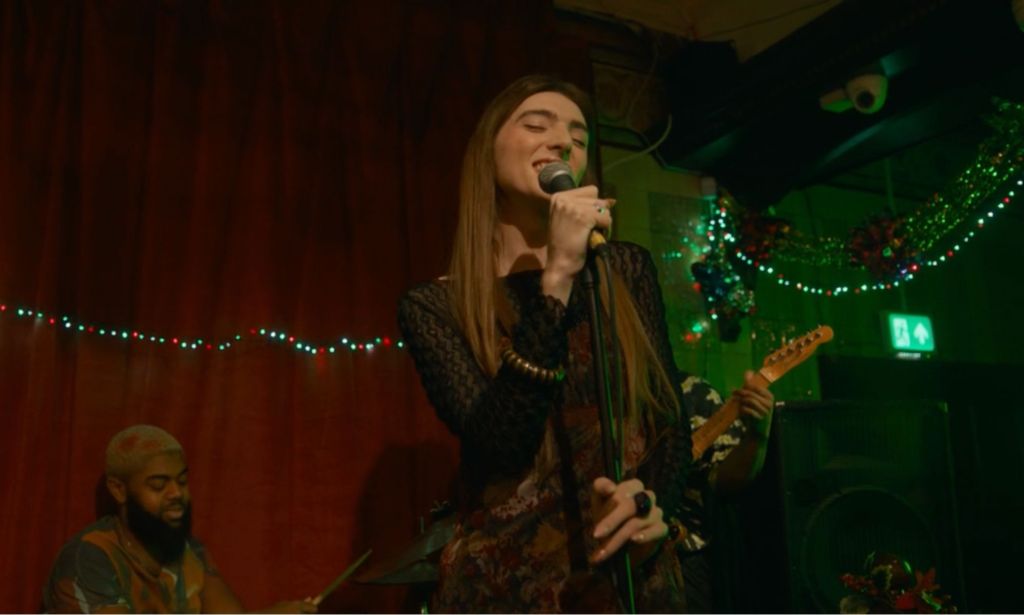
But with Doctor Who, there was a difference. Any one insulting comment was matched by 20 supportive ones. “I really felt held by them,’ she says of the Whovian fandom. “I felt welcomed and protected.”
At home, she’s supported by her partner. Similarly, there are many LGBTQ+ people in her life who recognise what an achievement it is for her to be getting more and more roles.
“I’m grateful to be where I’m at because I’ve really had to fight to get there. It’s not been easy. We’re all fighting for these few small parts,” she says. “So, it takes a lot to hold your ground and say: ‘I deserve to be here, and I can do this’.”
Despite the trepidation, imposter syndrome, negative comments and whatever else the industry might throw at her, she thinks she’s finally ready to embrace her success.
“It’s only recently that I feel myself settling slowly, and I’m enjoying it because this is what I’ve always wanted to do. Sometimes you forget that when you’re wrapped up in it all. It’s happening, and I should stop and enjoy it.”
Fangirls is at London’s Lyric Hammersmith until 24 August and tickets are available to buy here.
Share your thoughts! Let us know in the comments below, and remember to keep the conversation respectful.
This article contains affiliate links, PinkNews may earn revenue if you click through and purchase products through the links.

